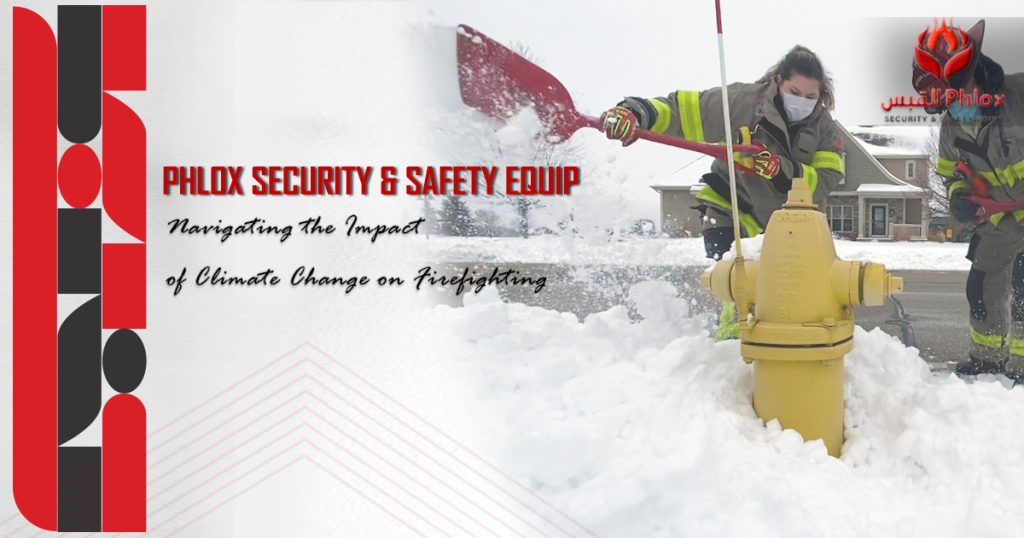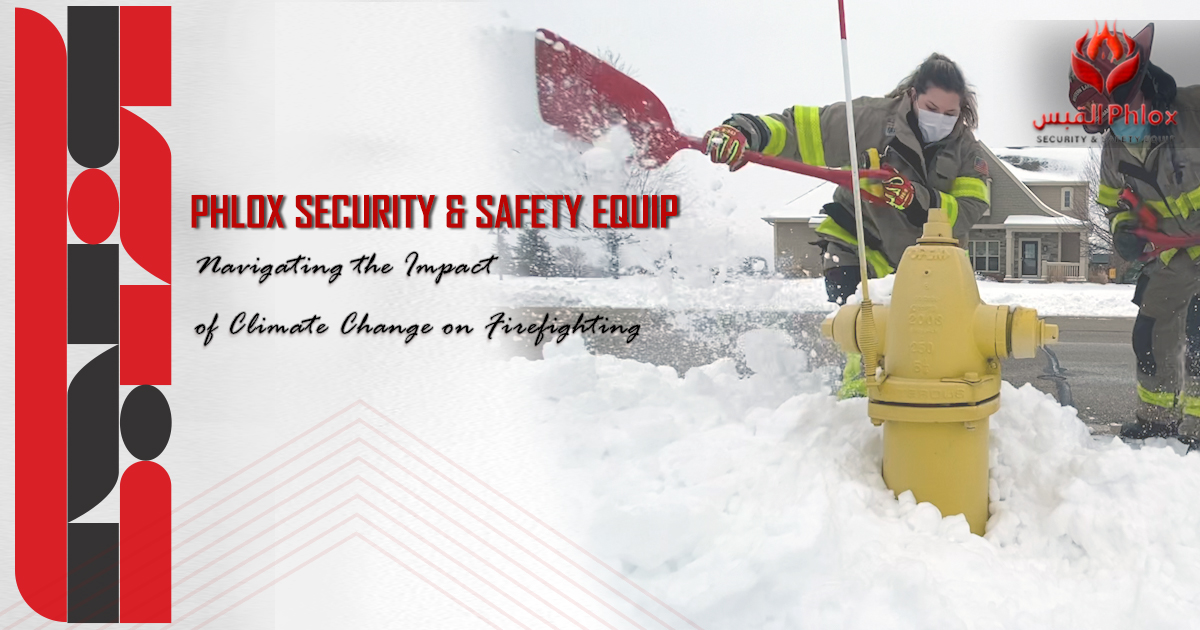
Navigating the Impact of Climate Change on Firefighting
Climate change has ushered in a new era of challenges, reshaping ecosystems and altering the frequency and intensity of natural disasters. Among the most prominent consequences is the increased prevalence and severity of wildfires. In this blog post, we explore the profound impact of climate change on firefighting efforts worldwide.
Escalating Wildfire Seasons:
The warming climate has extended wildfire seasons, making them longer and more unpredictable. Drier conditions, prolonged periods of drought, and increased temperatures create a perfect storm for wildfires to ignite and spread rapidly. As a result, firefighting agencies are facing heightened challenges in managing these prolonged and intense fire seasons.
Wildfires Intensity and Unpredictability:
Climate change has intensified the size and ferocity of wildfires. The sheer scale and unpredictability of these fires pose significant challenges for firefighting teams. Traditional strategies may prove insufficient in the face of rapidly evolving and erratic fire behavior, requiring adaptive and innovative approaches to containment and control.
Wildfires Strain on Resources:
The increased frequency and intensity of wildfires strain firefighting resources. The demand for skilled personnel, specialized equipment, and firefighting aircraft often exceeds available supply. This strain not only impacts the immediate response to wildfires but also raises concerns about the long-term sustainability of firefighting efforts.
Urban-Wildland Interface Challenges:
Climate change has led to a growing phenomenon known as the urban-wildland interface, where human developments encroach upon natural fire-prone areas. However, this increases the risk of wildfires threatening populated areas, necessitating coordinated efforts between firefighting agencies, urban planners, and communities to enhance preparedness and mitigation measures.
Lastly, the impact of climate change on firefighting is profound and multifaceted. As we confront the escalating threat of wildfires, it is imperative to prioritize sustainable practices, invest in innovative firefighting technologies, and foster international cooperation to build resilience in the face of this evolving challenge. However, only through concerted global efforts can we hope to effectively address the complex intersection of climate change and firefighting.
Related Subjects:
Artificial Intelligence in Firefighting: A Game-Changer for Emergency Response
Fire Safety Tips for Fireworks Displays


